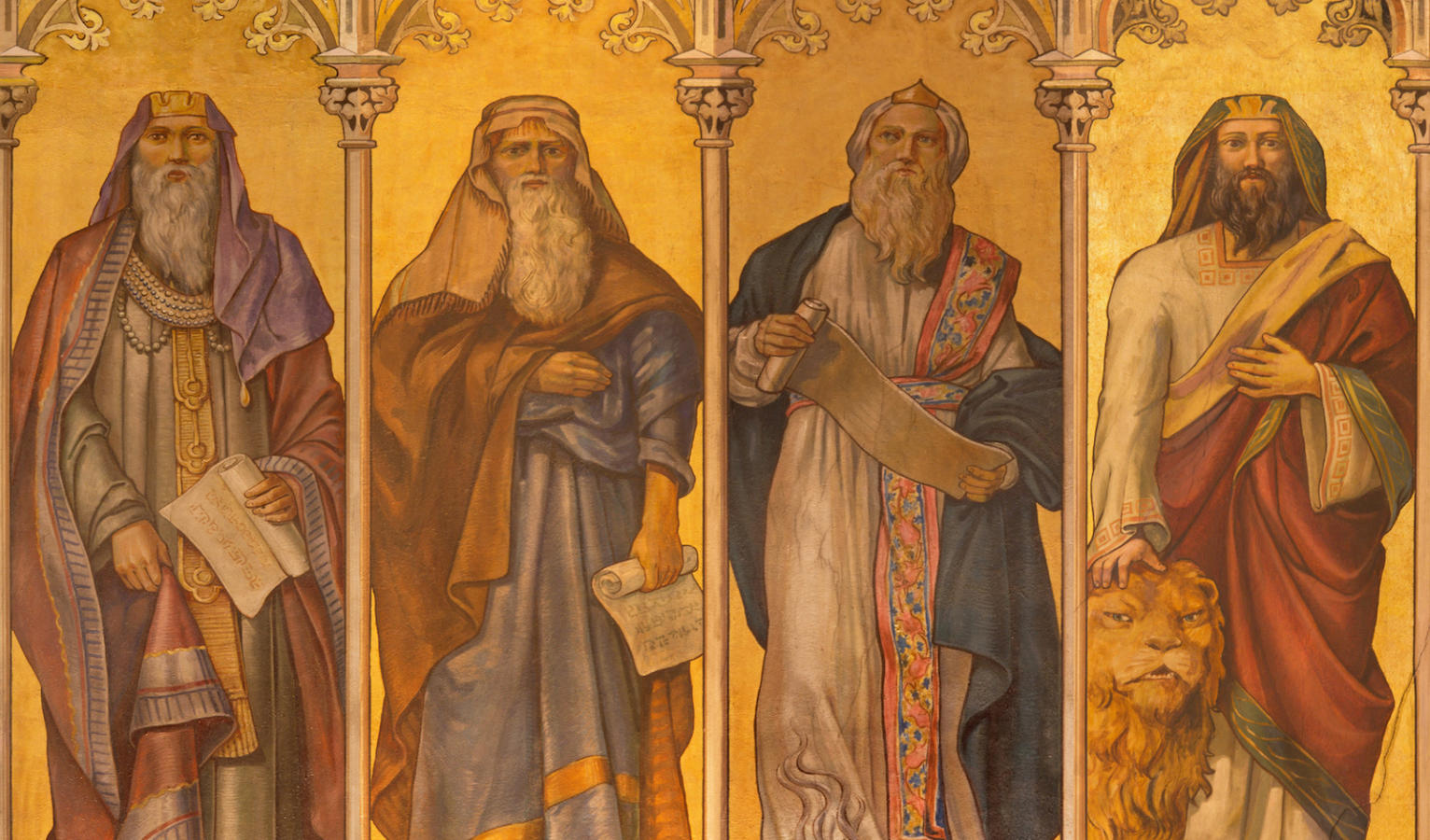Commentary on Parashat Matot, Numbers 30:2 - 32:42
The haftarah selection is from the Book of Jeremiah 1:1-2:3.
When God begins speaking to Jeremiah, He explains that He chose Jeremiah to receive prophecy before the prophet was even born, while he was still being formed in his mother’s womb. Though many people might take this as a compliment, Jeremiah is terrified to learn this, and counters that he cannot serve as a prophet because he is too young and unable to speak. But God insists that Jeremiah will serve Him. God offers a promise of Divine protection and verbal inspiration.
Then God delivers two visions to Jeremiah. In the first, a branch from an almond tree serves as a reminder that God is watchful and committed to bringing His words to fruition. The Hebrew word for almond, shaked, is similar to the word for watchful, shoked. In the second vision, a steaming pot, tipped away from the north, represents a disaster that will soon come forth from the northern kingdom–Babylonia. Though the disaster will be great, and Jeremiah will come under attack, God promises to protect him.
At the end of the haftarah, God recalls how devoted Israel was to Him, following Him into the unsown desert, and trekking to Israel. He emphasizes that those who disrespect God and His land will be found guilty, and those who are loyal to God will be rewarded.

Help us keep Jewish knowledge accessible to millions of people around the world.
Your donation to My Jewish Learning fuels endless journeys of Jewish discovery. With your help, My Jewish Learning can continue to provide nonstop opportunities for learning, connection and growth.
Relation to the Calendar
In the community, this haftarah is read on the same that we read the story of God first appearing to Moses, and Moses attempting to deflect God’s leadership charge. Both Jeremiah and Moses offer similar initial excuses as to why they should not be leaders, and God’s reassurances to both are similar
Sephardim hear this haftarah twice every year, as it is also read on the first Shabbat after the 17th of Tammuz, corresponding with either Parashat Pinhas, or Parashat Mattot. In those cases, the haftarah is not connected to the parashah, but rather to other events on the calendar. The three weeks between the 17th of and Tisha B’Av are called T’lata D’puranuta, the Three Weeks of Oppression, and are considered especially woeful times for the Jewish people. It was on the 17th of Tammuz that the Romans breached the walls of Jerusalem, and it was on the ninth of that they destroyed the Temple. During the sad weeks between these anniversaries, we read haftarot–including this prophecy from Jeremiah–that focus on punishments that will be meted out to the people who forget God.



